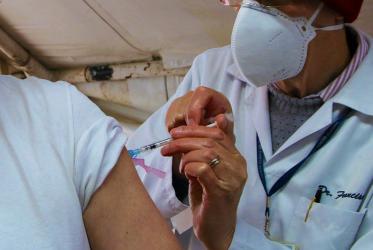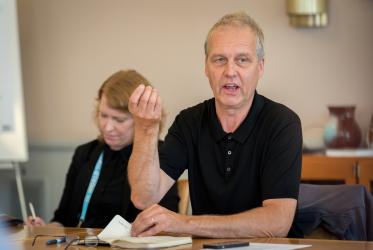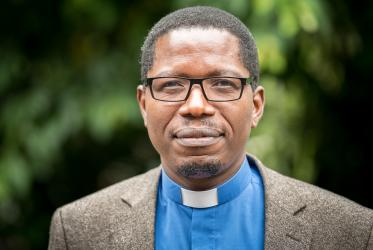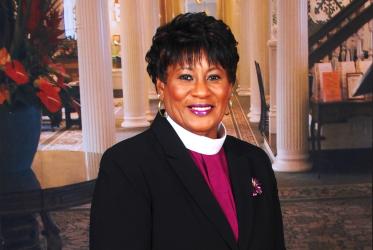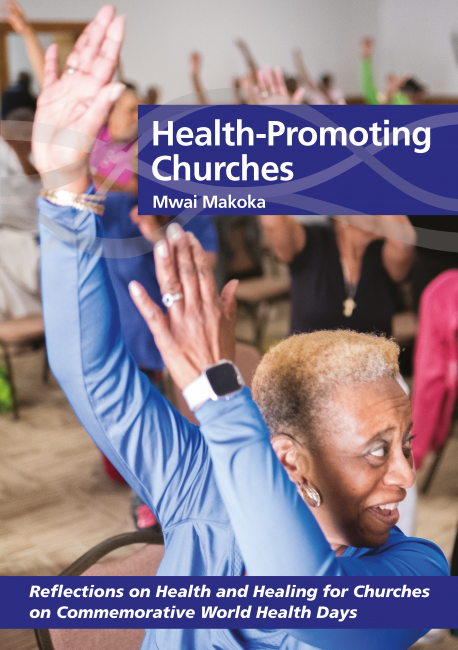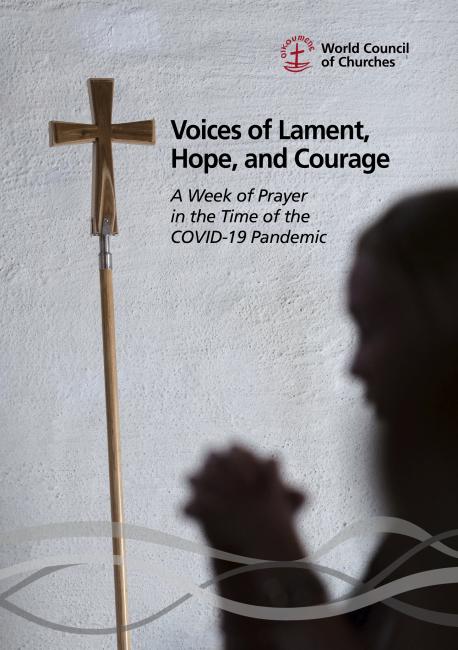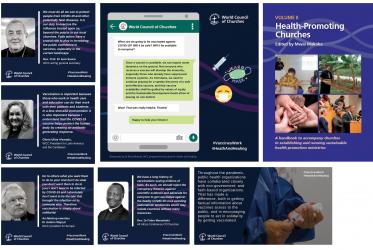Displaying 161 - 180 of 209
Walk the Talk
A Toolkit to Accompany the "Roadmap for Congregations, Communities and Churches for an Economy of Life and Ecological Justice"
31 August 2021
Can we end our societal addiction to fossil fuels?
12 August 2021
Ecumenical International Youth Day 2021 Event Toolkit
Young People and Climate Justice
06 August 2021
Les Églises au Service de la Promotion de la Santé
Réflexions sur la santé et la guérison pour les églises lors des Journées mondiales de la santé
30 June 2021
Voix de Lamentation, d’Espoir et de Courage
Une Semaine de prière au temps de la pandémie de COVID-19
29 April 2021




